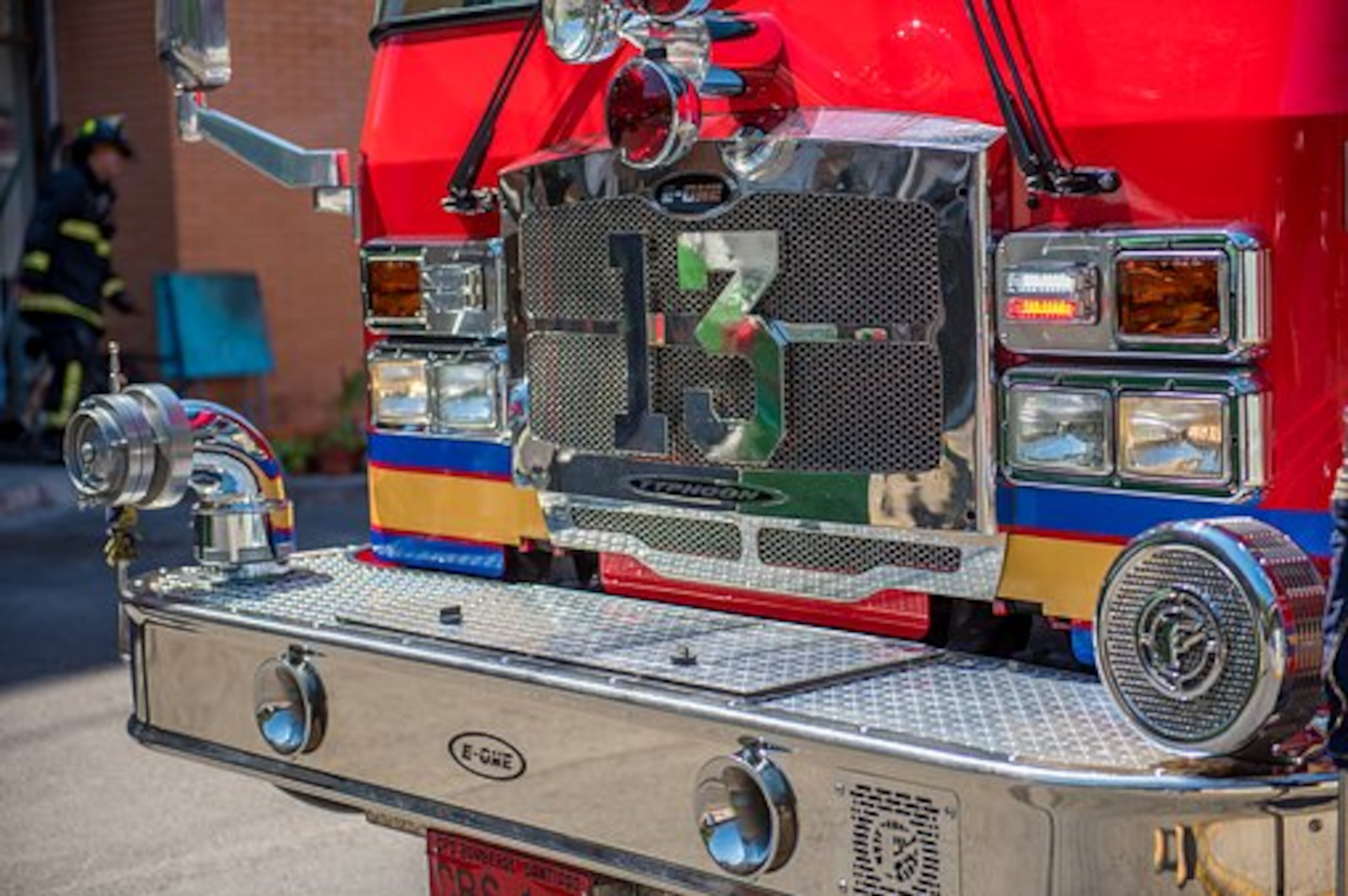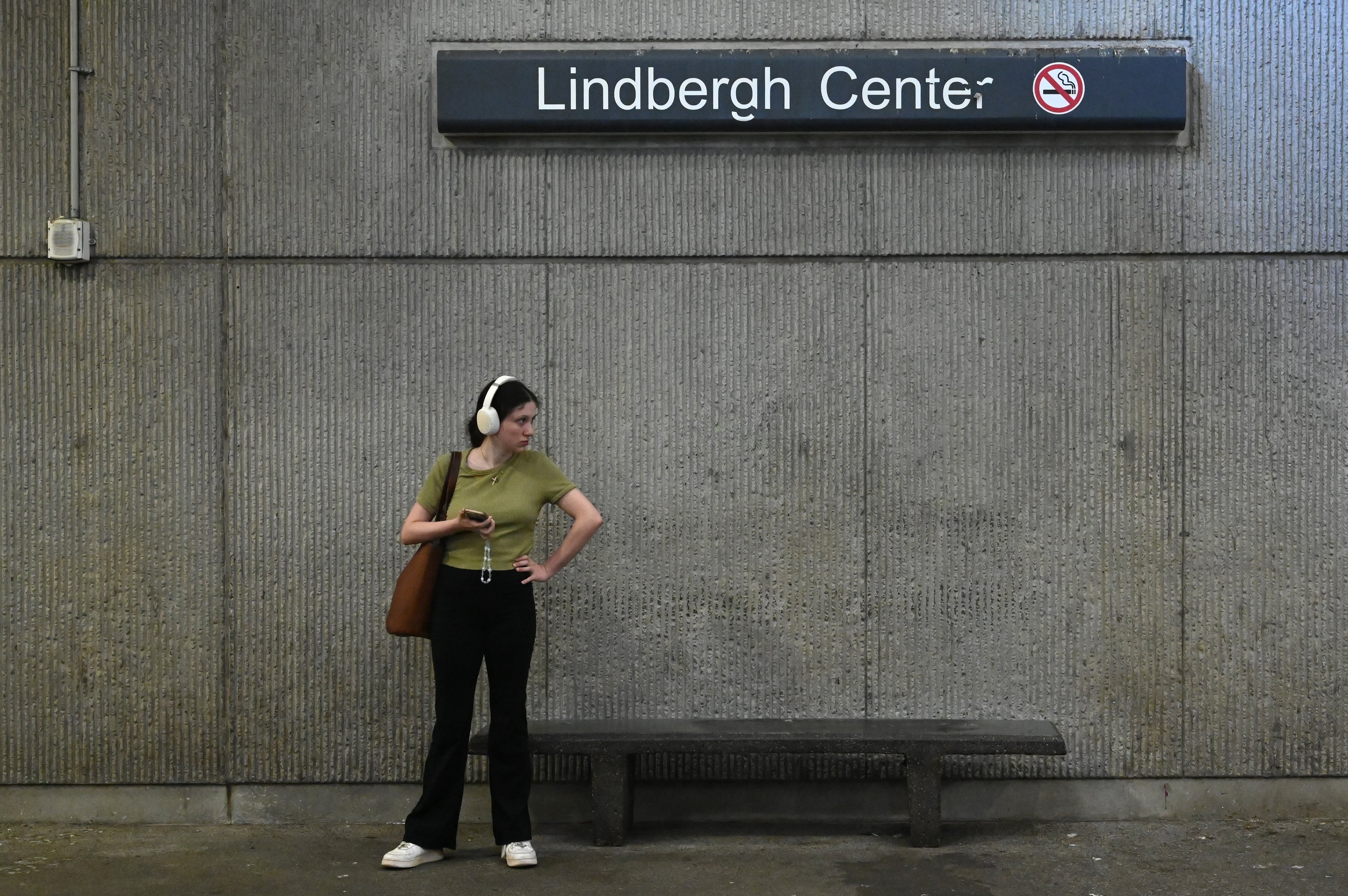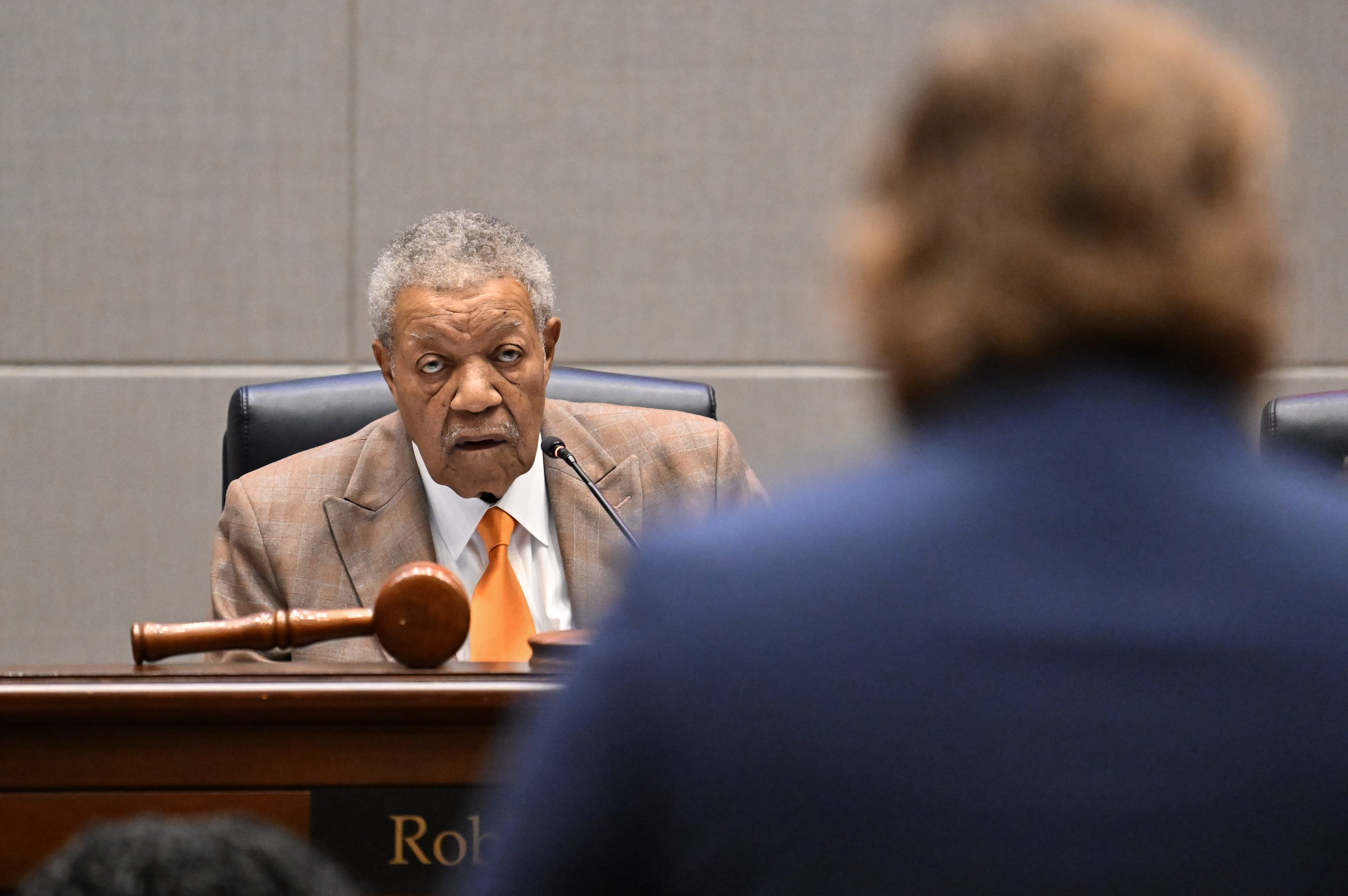Students with homeless, foster care backgrounds find footing with KSU program
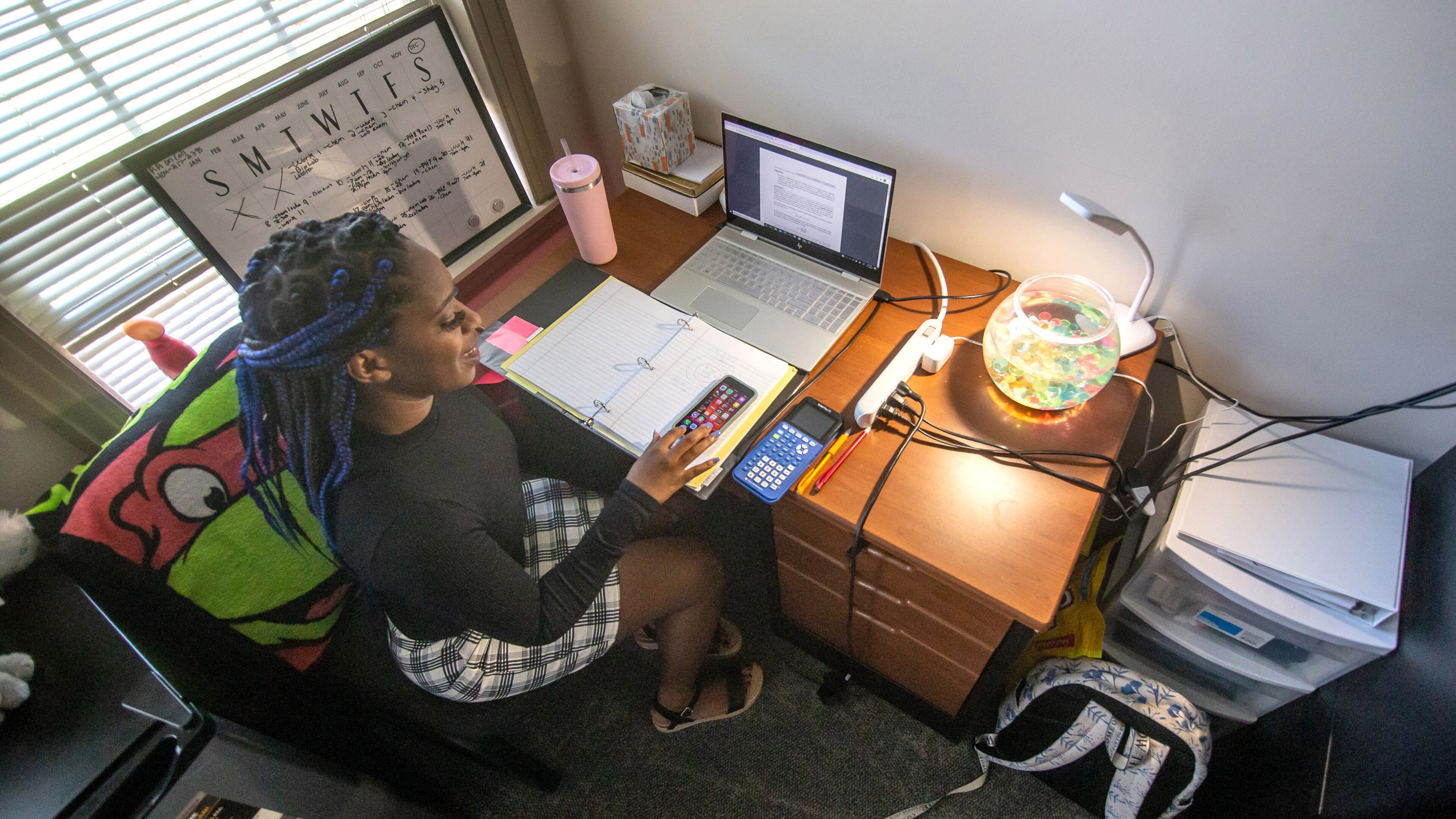
Starting a college education is a big transition for any student, but the experience can be overwhelming for a person who may not have a concrete family support system.
That’s where Kennesaw State University’s ASCEND program steps in. ASCEND provides a variety of services for students who have backgrounds with homelessness, food insecurity or the foster care system.
Kennesaw State opened a dedicated living space this year on its Marietta campus for students in the program. The home for the ASCEND program is one of 12 KSU living-learning villages on both campuses, which groups students of a similar background into the same area of on-campus housing.
The ASCEND home has 12 beds, 10 of which are already filled by students. Another bed is reserved for the resident advisor who lives on site with the students. Students in the program are provided with information on financial aid and other necessities to stay enrolled, as well as opportunities to attend academic and professional development workshops, group outings, peer mentoring and an individualized plan to help them manage their daily lives. The program is funded primarily though donations, which pays for housing costs and events, the university said.
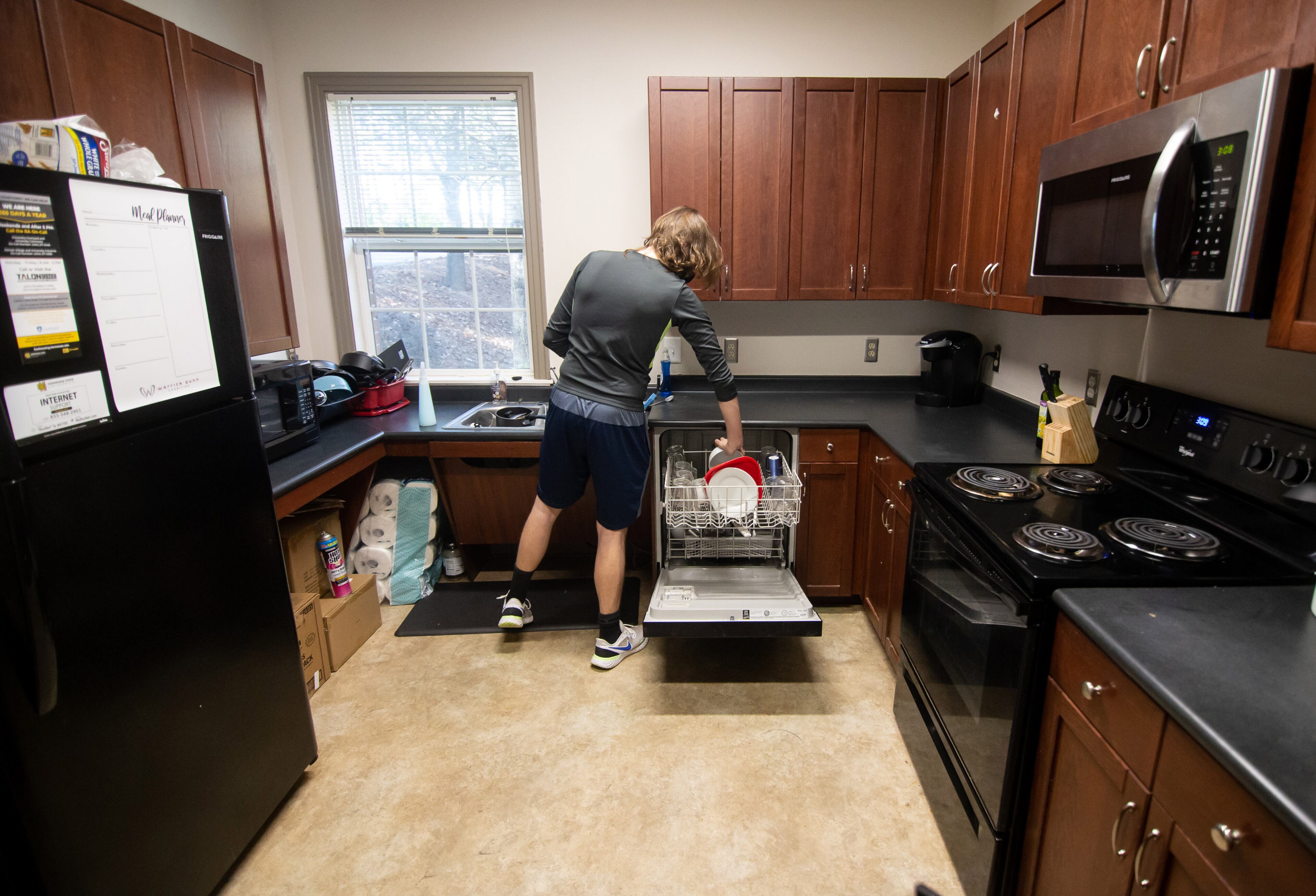
Marcy Stidum, director of KSU’s Campus Awareness, Resource & Empowerment (CARE) Services, which manages the program, said ASCEND has always sought to “foster a certain type of community” for students, but struggled with that due to a lack of dedicated living space for students. Moving into a home of its own gives the ASCEND program the space it needs to help its student-clients.
“Our goal is that when they graduate, they don’t return to homelessness,” Stidum said. “We wanted to make an intervention from day one to the last day to make sure they transition into adulthood.”
All two- and four-year public colleges and universities in Georgia have designated points of contact to assist students facing these challenges; about 15 to 20 have programs similar to ASCEND on their campuses, said Lori Tiller and David Meyers, public service associates with the J.W. Fanning Institute for Leadership Development at the University of Georgia.
The institute operates Embark Georgia, which helps higher education professionals support students who’ve experienced homelessness or aged out of the foster care system. Meyers said while some colleges have programs in place, the biggest challenge is understanding the number of students who fall into those categories.
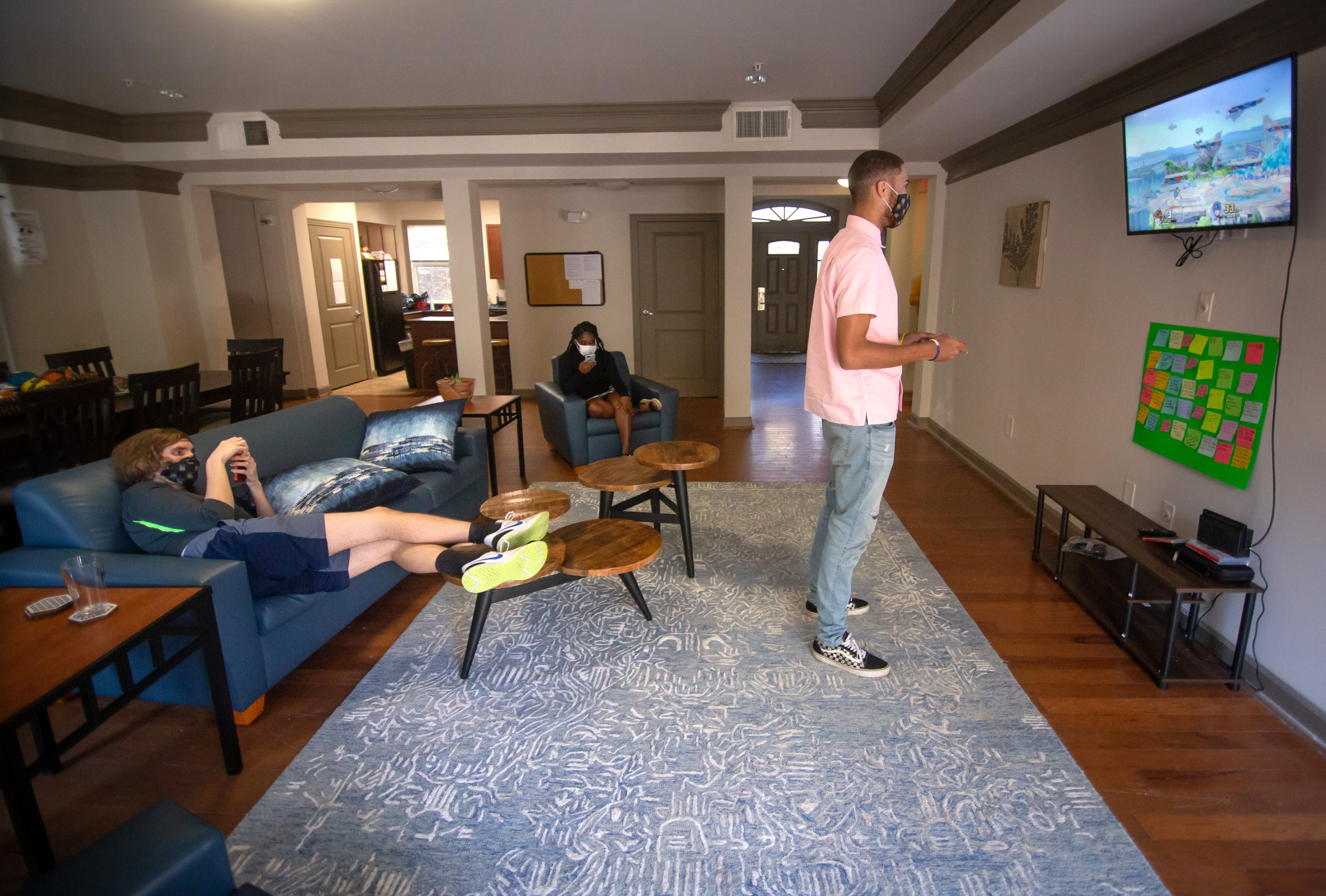
However, Meyers said each year for the last five years, the Georgia Division of Family and Children Services had between 330 and 340 students take advantage of federal Education and Training Vouchers, which helps the state pay for the college education of students who are currently in or have aged out of the foster care system.
“You can’t look at a student and know they’ve been in foster care or are experiencing homelessness,” Tiller said.
Meyers and Tiller said Georgia colleges and universities like KSU have done a good job in identifying and helping students who could use additional resources.
“It’s about being intentional and acknowledging there are students who have had these experiences," Meyers said. ”Honestly we are seeing the institutions we are working with trend to that direction."
Stidum said the goal of ASCEND is to help remove the stress and trauma that comes with homelessness and “the stress of trying to figure it out on your own.”
“They are in a safe space and don’t have to worry about where they will eat and have a sense of community," she said. "You have someone walking with them throughout the process and giving them the guidance they need, but also letting them lead and be an independent adult.”
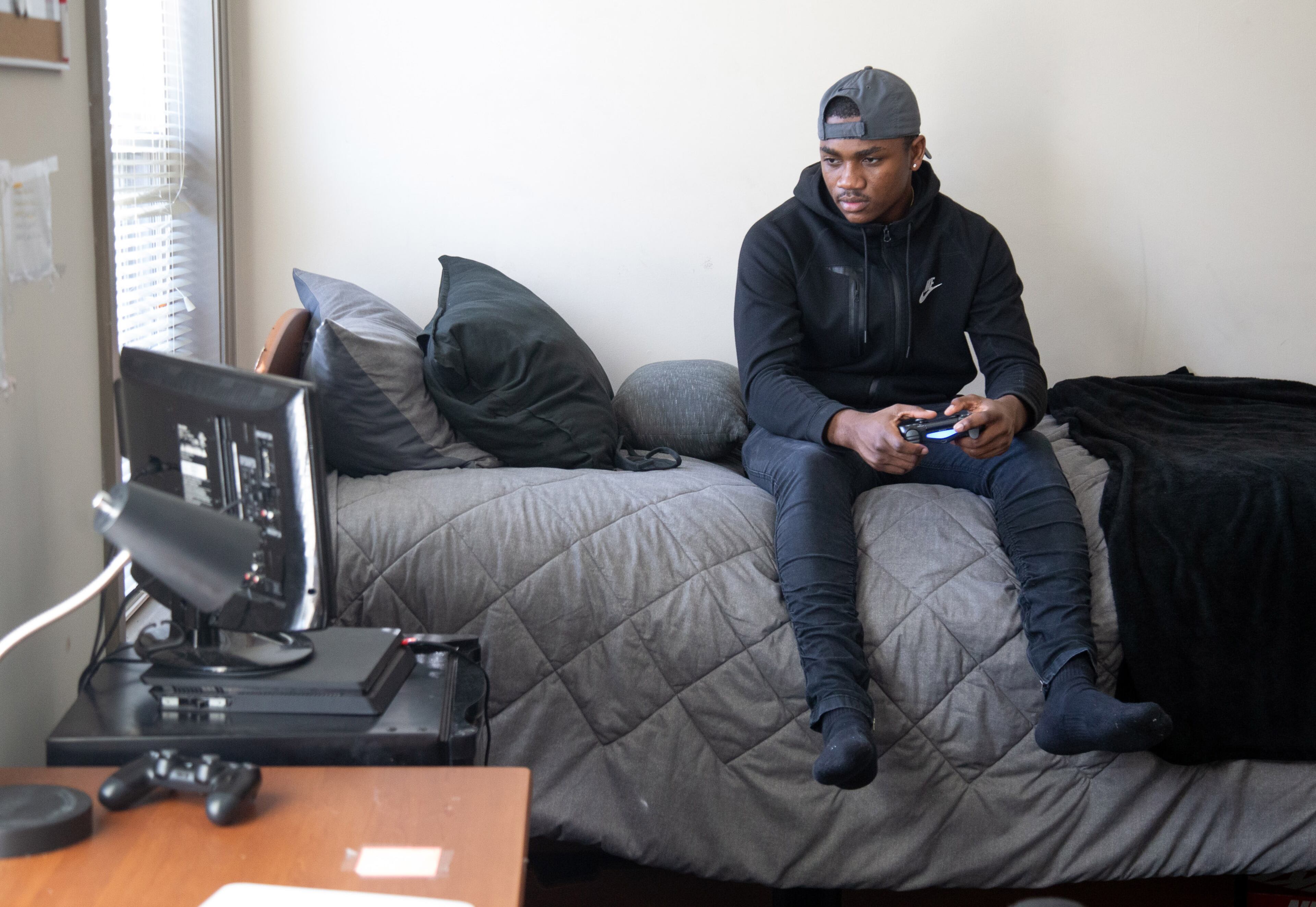
Students living in the home say ASCEND’s services allows them to tackle their studies without worrying about where they will sleep. Sophomore Miyanna Clements, who is studying integrative studies with a focus on biology and psychology, said ASCEND gives students, some of whom she said have battled food insecurity or lived in their cars, the support they need so they can focus on their classes.
Clements’ mother died in 2018 and she moved around “from house to house.” The weekend before she graduated high school, she moved to her aunt’s home. She also lived with other family members.
“It’s a great experience and I feel like anyone who had a chance to be part of this would want to,” she said.
Demetrius Taylor, a KSU freshman studying business entrepreneurship, originally comes from Mississippi. When he, his mother and brother moved to Georgia, they found themselves living in motels during his middle and high school years, Taylor said. When he became a senior, he lived with a roommate and spent his final year in high school earning money to pay bills while going to school and playing football.
Taylor said his first few months with the ASCEND program taught him how to effectively communicate with his housemates.
“It does help you come out of your shell,” he said.
Caleb McMaster, another sophomore majoring in computer science, said he was struggling with getting into college before his aunt told him about the CARE program. McMaster said he does not have a birth mother to help support his education and his father died in 2013. His grandmother who was raising him died in 2017. He was placed in foster care before enrolling at KSU.
McMaster said universities should invest in programs like ASCEND because young people navigating homelessness or living in foster care homes may not have access to the services that can help them eventually graduate from college.
“It makes the world feel like it’s not so big because you have people who have gone through the exact same stuff as you, so you can connect with them and understand what they’ve gone through,” he said.

